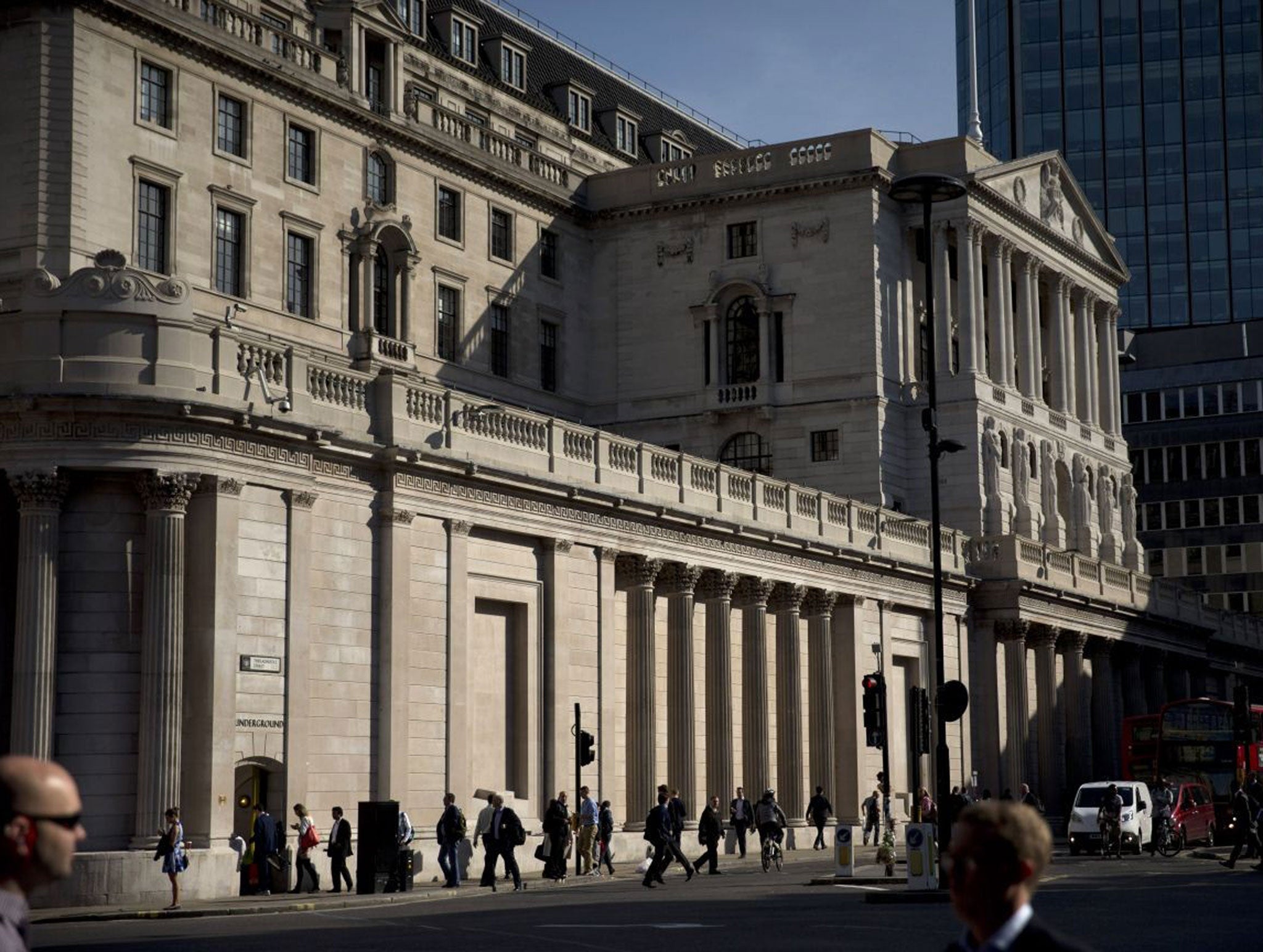The best deals on personal loans: Peer-to-peer providers are more competitive for smaller sums
Meanwhile, high-street lenders continue to cherry-pick and be more competitive on larger loans

Today's record low personal loan rates have been driven by competition among some of the supermarket banks and, more recently, peer-to-peer providers including RateSetter, Zopa and Lending Works. The traditional high-street banks have been less competitive (with the exception of Santander, Clydesdale and Nationwide building society).
The UK economy has recovered strongly in the past year and as a result people feel more secure in their jobs and have the confidence to take on borrowing commitments. The latest figures from the British Bankers' Association show that £36bn of personal loan balances were outstanding as at June 2015, up £3bn since December 2013.
The data also shows that the net change in personal loan balances (new borrowing minus repayments) has increased in 17 of the past 18 months. That's in stark contrast to the post-crash period from 2009 to 2012 when the net position only rose twice in 48 months.
When the Bank of England eventually increases the base rate, perhaps later than anticipated following events in China this week, I wouldn't expect the first 0.25 per cent hike to spark an immediate jump in loan rates. Competition will keep these low until there have been two or three small increases in the base rate – and it's at this point that borrowing will start to become more expensive.
Lenders continue to cherry-pick and be more competitive on larger loans – £7,500 and above – and this is where you'll find the lowest rates. Cahoot, Nationwide building society (existing customers), Zopa and M&S Bank are joint cheapest at 3.6 per cent APR.
When you compare these deals with the ones on offer for smaller loan amounts, the rates charged are much higher the less you want to borrow, with lenders arguing this is because default rates tend to be higher on small sums. But many high-street providers charge rates well into double figures at this level: this week Barclays was quoting 22.9 per cent APR online for a £3,000 loan over three years, and the Halifax 18.9 per cent for the same sum and term.
Peer-to-peer providers are much more competitive for smaller loans and the latest best buys from the data firm Moneynet confirm this: three of the top four rates for £3,000 are P2P players.
Another cheaper alternative is using a credit card that allows you to transfer money direct from your plastic to your current account (known as a money transfer).
This flexible feature is offered to new customers by Virgin Money and MBNA. With the latter, you can currently take a 0 per cent money transfer for 24 months with a one-off fee of 1.99 per cent, or for 36 months with a 2.99 per cent fee via its Platinum Credit Card. This is a smart way to obtain low-rate finance as long as you are financially disciplined enough to make the regular repayments every month and to clear the debt within the 0 per cent promotional period.
The numbers make this a compelling option, as with a £3,000 money transfer your only cost is £59.70 (1.99 per cent fee) or £89.70 (2.99 per cent fee). It's certainly worthy of consideration as the Barclays 22.9 per cent example mentioned above would cost you £1,057.71 in interest costs over a three-year term.
Andrew Hagger is an independent personal finance analyst from www.moneycomms.co.uk
Subscribe to Independent Premium to bookmark this article
Want to bookmark your favourite articles and stories to read or reference later? Start your Independent Premium subscription today.

Join our commenting forum
Join thought-provoking conversations, follow other Independent readers and see their replies